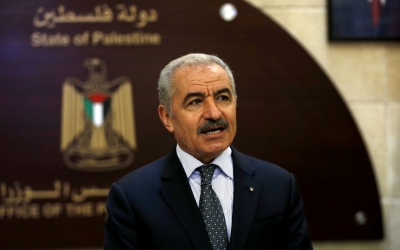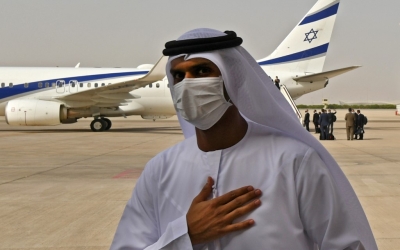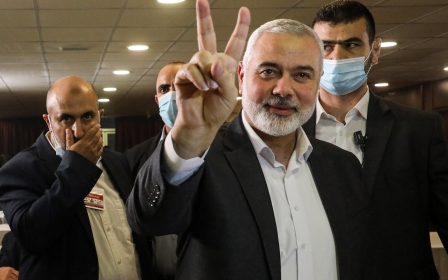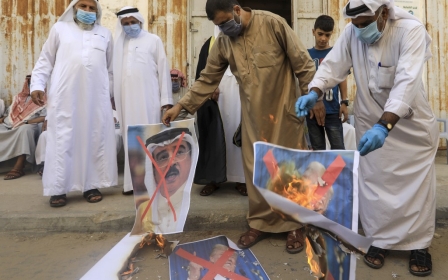'Black day': Palestinians to mourn normalisation ceremony between Israel and UAE, Bahrain
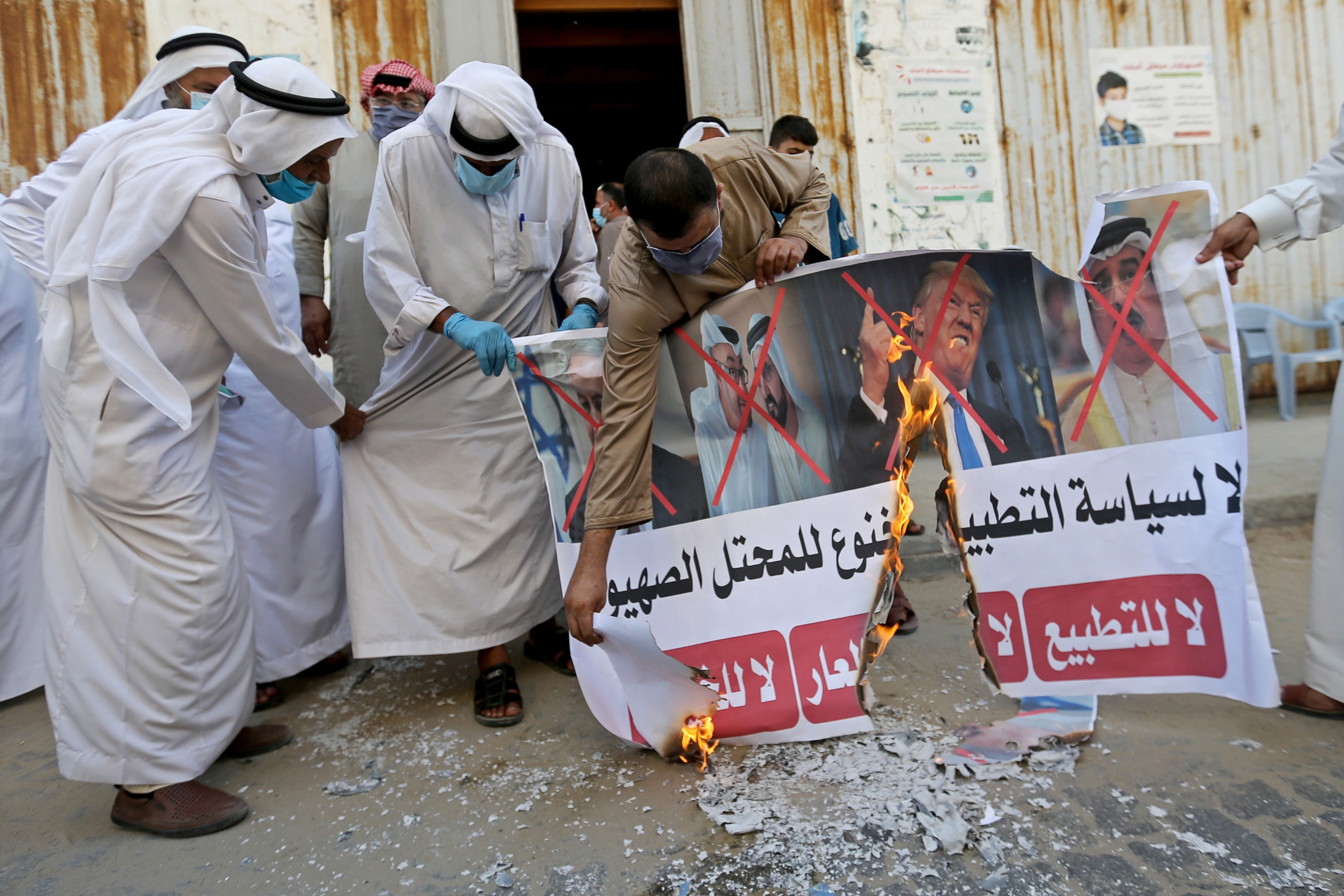
The signing of normalisation accords between Israel and two Gulf states will amount to another "black day" for the Arab world, the Palestinian prime minister said on Monday.
Both the Palestinian Authority (PA) and Hamas, which governs the Gaza Strip, have condemned the US-brokered accords as a "stab in the back" of their people.
Israeli Prime Minister Benjamin Netanyahu and the top diplomats of the United Arab Emirates (UAE) and Bahrain are set to sign the deals in Washington on Tuesday, normalising ties without any progress on an Israeli-Palestinian peace settlement.
"Tomorrow, we will witness a black day in the history of the Arab world, of defeat for Arab League institutions, which are not united but divided," Mohammed Shtayyeh said at the weekly meeting of his PA cabinet.
"This will be another date to add to the calendar of Palestinian misery," he said, adding the PA would have to "correct" its relationship with the Arab League for its refusal to condemn the two normalisation accords struck since last month.
The Palestinians have called for protests on Tuesday to coincide with the signing ceremony and urged other Arab states "not to take part in celebrations".
Bahrain's Foreign Minister Abdullatif al-Zayani and the UAE Minister of Foreign Affairs Abdullah bin Zayed bin Sultan al-Nahyan, arrived in Washington on Sunday, while Netanyahu arrived on Monday amid calls for his resignation in Israel.
Bahrain and the UAE have not fought wars against Israel, unlike Egypt and Jordan which signed peace treaties with Israel in 1979 and 1994, respectively.
Boost economic ties
Also on Monday, the defence ministers for Bahrain and Israel held their first publicly acknowledged phone call.
The two ministers discussed the importance of the normalisation agreement for regional stability and "common expectations for establishing a close partnership between the two defence ministries", according to a statement from Bahraini state news agency BNA.
Israel and the two Gulf Arab nations have talked up the economic opportunities that formal relations would bring and several business cooperation agreements have already been signed.
Bahrain's interior minister said normalisation would protect the country's interests and "positively impact both countries' economies".
In contrast to reaction in the UAE, Bahrainis were vocally critical after the deal was announced, making "Bahrainis against normalisation" the most popular topic on social media.
Meanwhile, the National Bank of Dubai (NBD), the largest banking group in the UAE, signed a memorandum of understanding on Monday with Israel's Bank Hapoalim, marking the first banking agreement between lenders in the two countries since they agreed to normalise ties last month.
"It is a great honour to be the first bank to sign such an agreement that will contribute to the establishment of the relationship between the two countries," Bank Hapoalim's CEO, Dov Kotler, said in a statement issued by NBD.
It said the memorandum was "part of a broader engagement between the UAE and Israel to further peace, dialogue and stability and establish cooperation to promote sustainable development".
Middle East Eye propose une couverture et une analyse indépendantes et incomparables du Moyen-Orient, de l’Afrique du Nord et d’autres régions du monde. Pour en savoir plus sur la reprise de ce contenu et les frais qui s’appliquent, veuillez remplir ce formulaire [en anglais]. Pour en savoir plus sur MEE, cliquez ici [en anglais].


